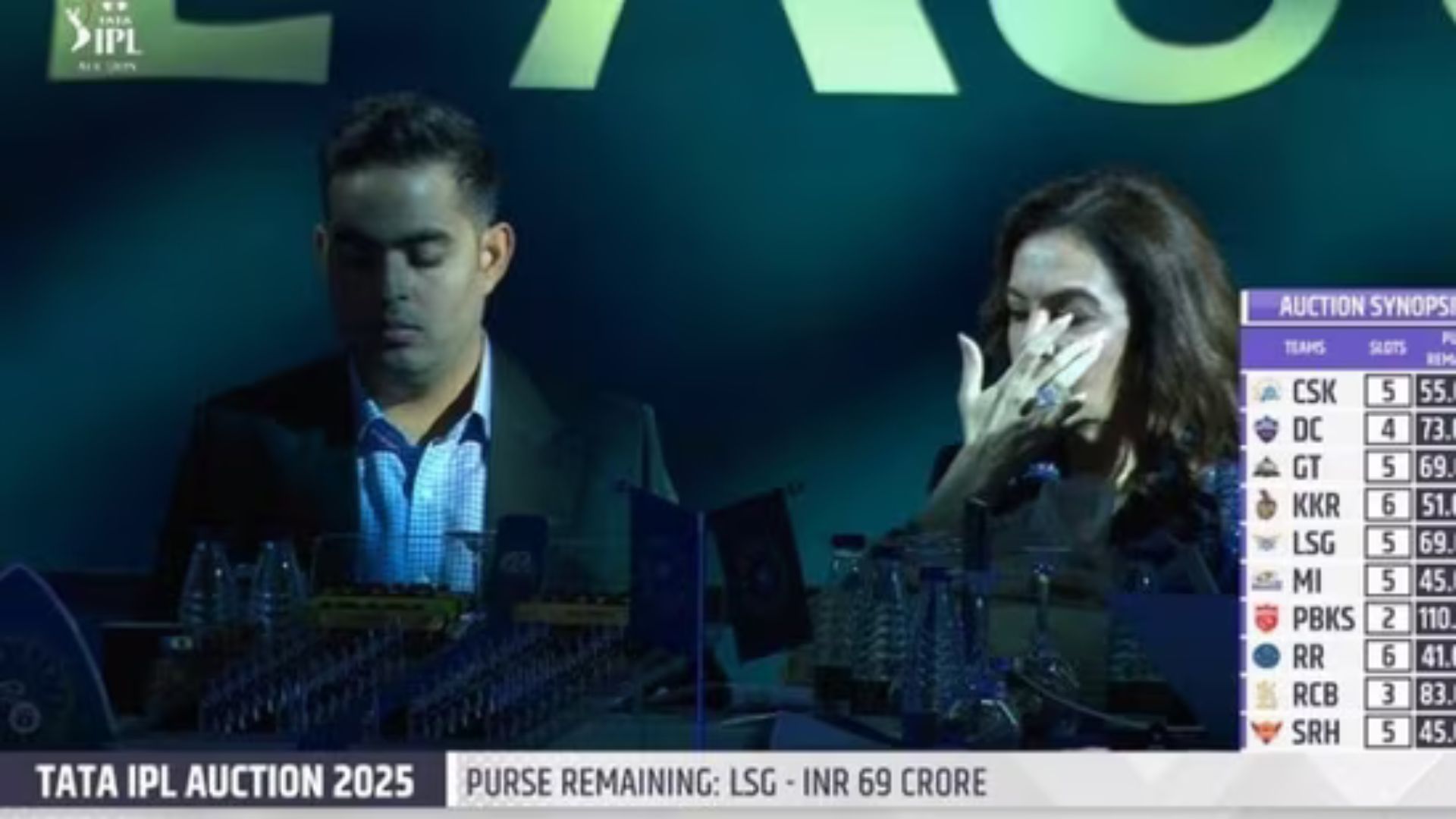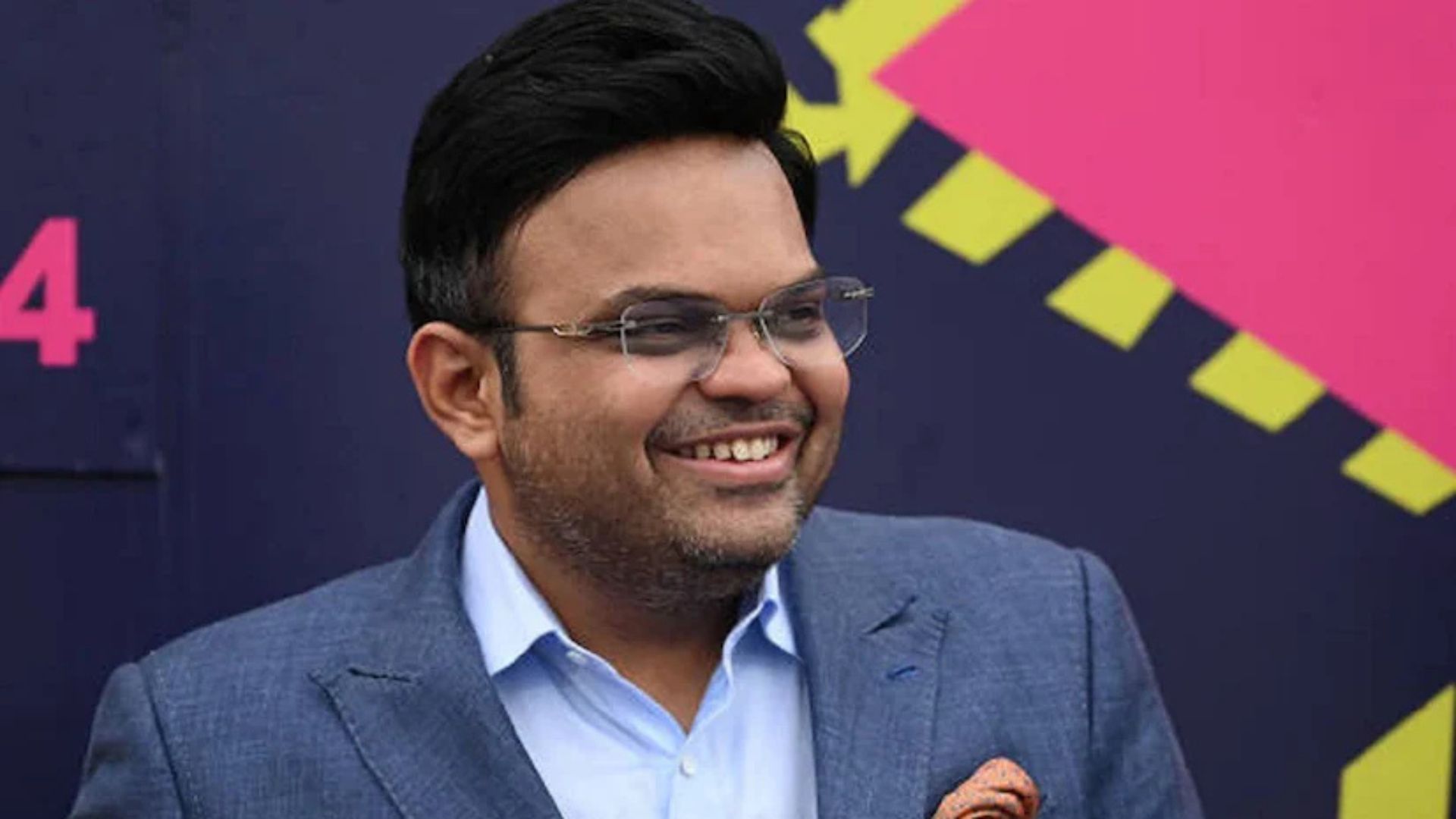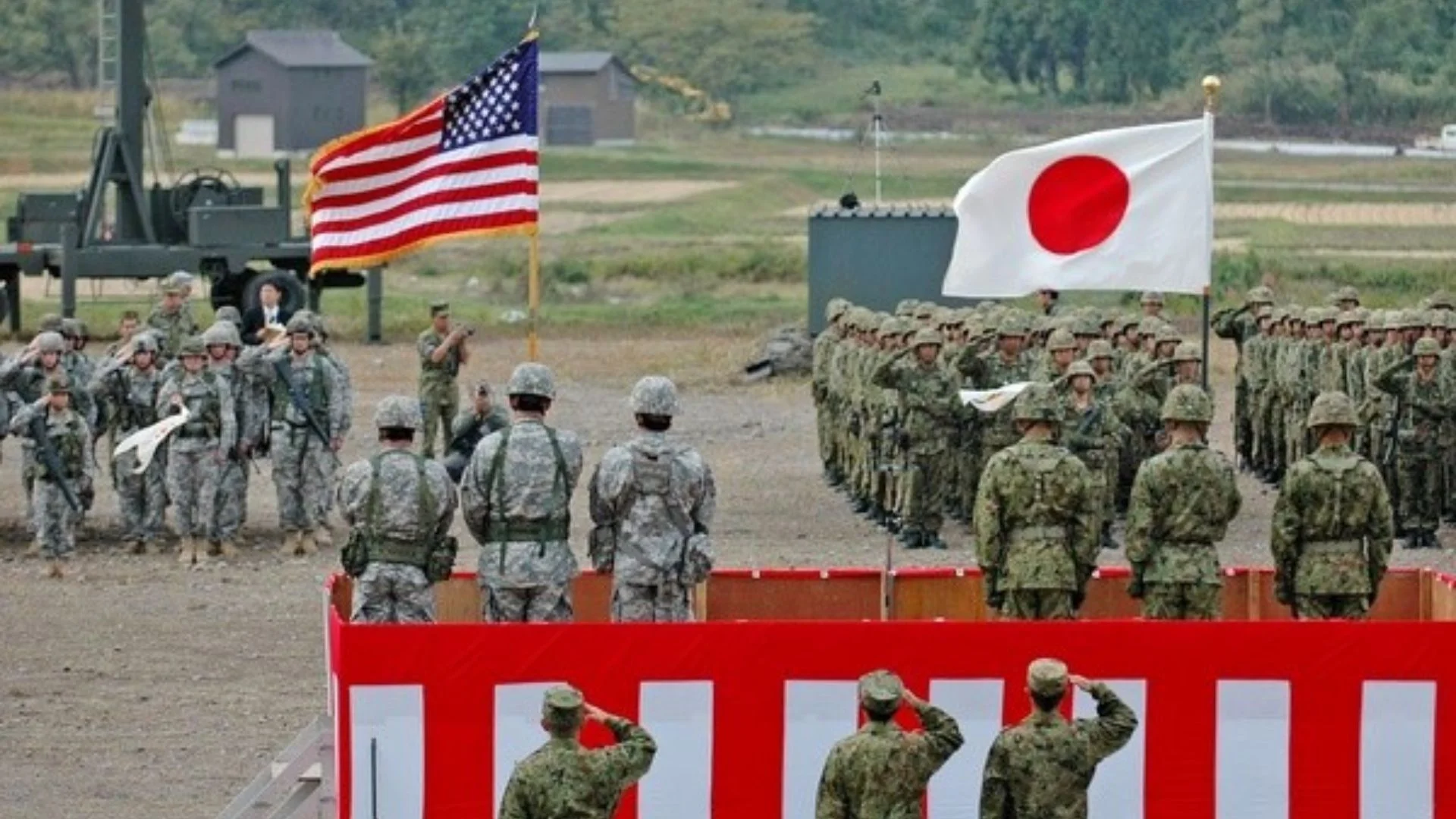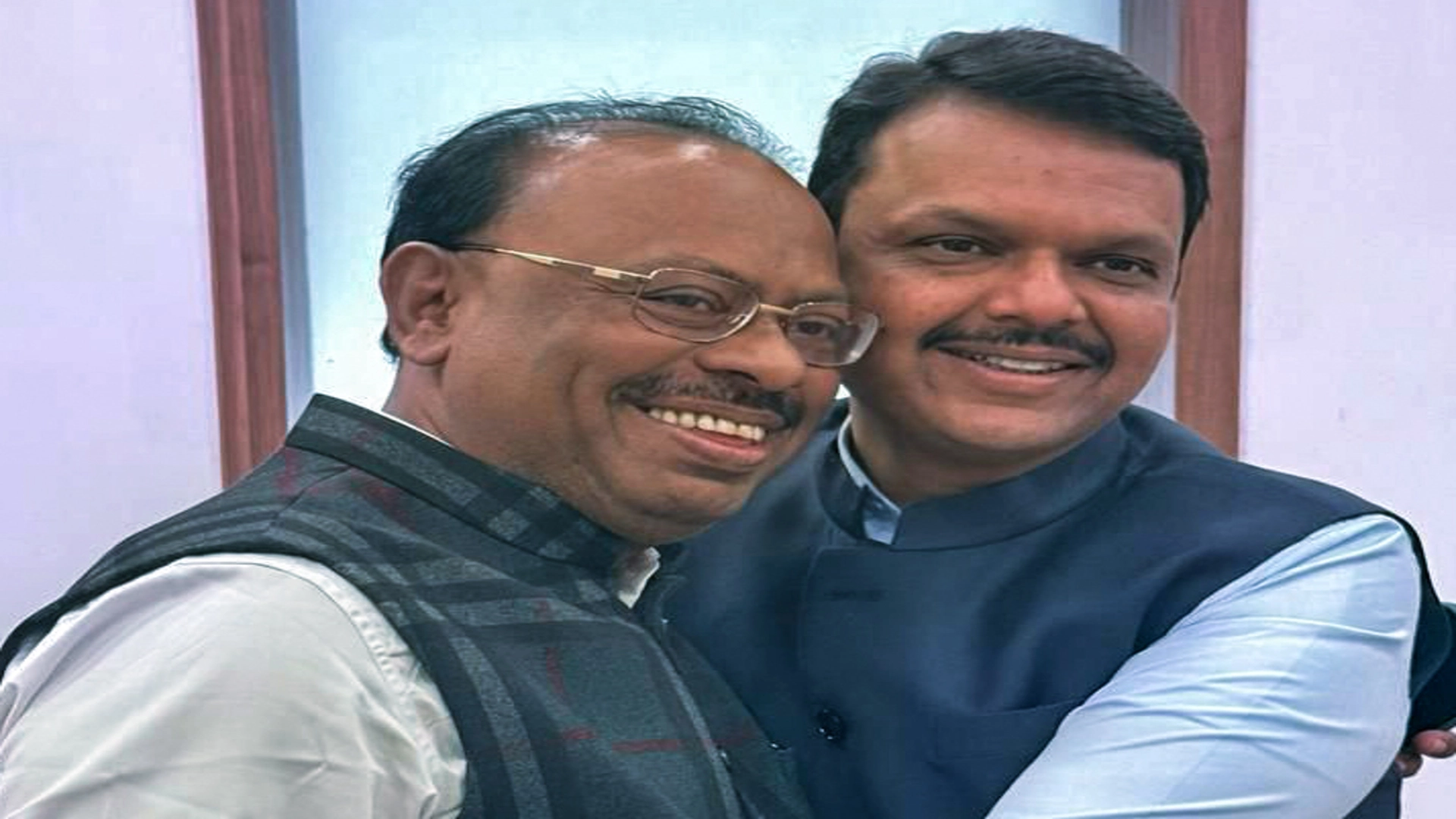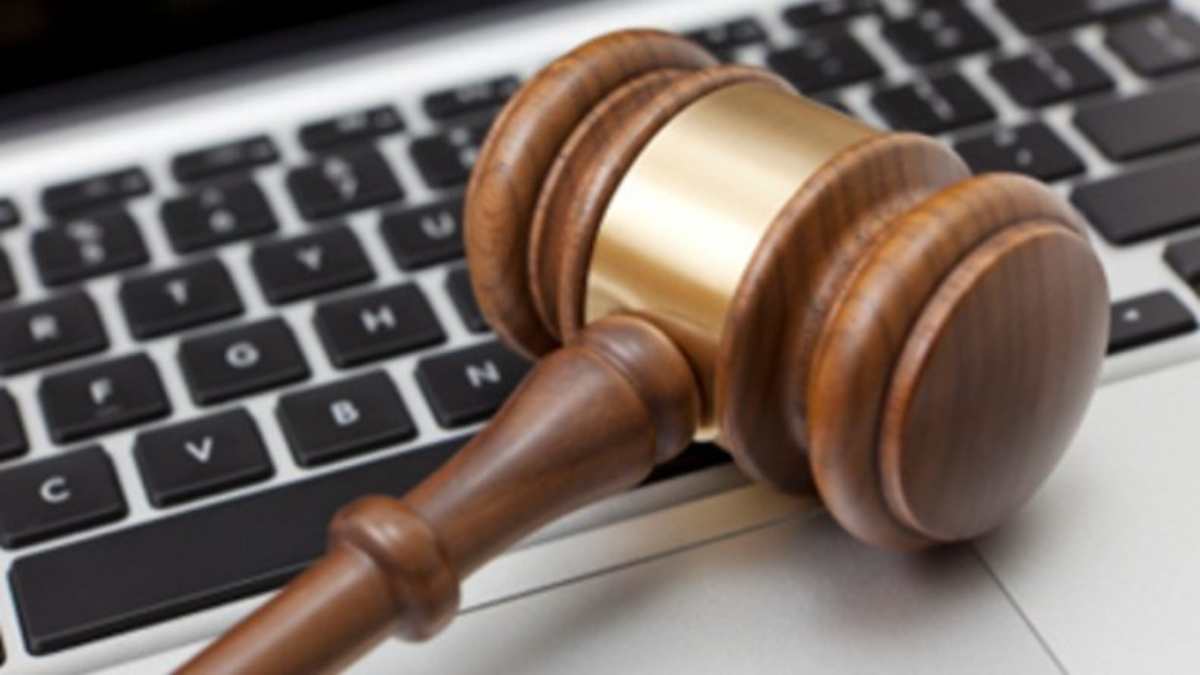
INTRODUCTION
Celebrity is derived from the Latin word ‘celebritatem,’ which refers to the state of becoming popular. Actors, writers, artists, politicians, models, athletes, musicians, singers, television personalities, well-known business executives, and everyone who aspires to be famous, including reality television stars, are all celebrities today. The primary criterion for determining whether or not someone is a celebrity is public opinion. Celebrity rights include advertising rights, reproduction rights, distribution rights, leasing and lending rights, personality rights, and privacy rights, among other things. Personality/moral rights, publicity/merchandising rights, and privacy rights are the three major categories in which these rights fall. These rights are an intangible type of property that can only be enjoyed by the celebrity. Since these are intangible property rights, and because of the influence of a celebrity’s fame, they are often abused and misappropriated. Appropriate legal regimes, such as trademark and copyright rules, passing off and so on, are in place to protect these celebrity interests.
TRADEMARK LAW
In India, celebrities and commercial partners can obtain some protection from trademark law but such protection may be limited in scope. Section 2(1) of the Indian Trade Marks Act, 2000, allows registration of any ‘sign capable of distinguishing goods and services of one person from another, any word (including personal names), design, numeral and shape of goods or their packaging’ as trademark. Courts in India have accorded protection to film titles, characters and names under trademark laws. The first case that dealt with character merchandizing in India was Star India Private Limited v Leo Burnett India (Pvt) Ltd, but jurisprudence is still emerging and character merchandising is an area yet to develop in India.
The court held in the case of Arun Jaitley vs. Network Solutions Private Limited, that Arun Jaitley, as a celebrity, has the right to shield his name from being used by others, and that the defendants were wrong to use his name and create the website under his name.
In the case of Sourav Ganguly vs. Tata Tea Ltd., Sourav Ganguly, who had just returned from Lords after scoring magnificent hundreds, was troubled to learn that Tata Tea Ltd. was promoting its tea packets by giving customers the opportunity to congratulate the cricketer through a postcard that was included inside each packet of tea. In a roundabout way, the company hoped to encourage the selling of its tea packets in India, where Sourav had amassed a sizable following. By admitting that Sourav’s reputation and popularity were his Intellectual Property, the court ruled in his favour.
COPYRIGHT LAW
In order to file a copyright infringement lawsuit, an individual must be able to show that they own the copyright to the image as well as that they copied it. When it comes to photographs, celebrities have a legitimate right to compensation if a photographer uses their image and sells it to a third party. Copyright law can protect any adaptation of celebrity authors’ books, even if it isn’t original.
According to the Copyright Act of 1957, a “performer” is described as an actor, singer, musician, dancer, acrobat, juggler, conjurer, snake charmer, or any other person who gives a performance in India. Publicity privileges can be included in the sense of the performer’s and authors special rights clauses. If celebrities’ identities are used for commercial purposes without their consent, they have the right to choose when, where, and how their identities are used. The Act’s Section 14, provides the exclusive right to allow anyone to replicate the work in any manner, including the conversion of a two-dimensional work into a three-dimensional work.
In the case of Sonu Nigam vs. Amrik Singh, (alias Mika Singh) both parties were obliged to visit the Mirchi Awards 2013 and were photographed for the event’s official posters with their permission. Mika Singh used hoardings and posters that were not official event hoardings and posters to promote himself, including big images of him alongside smaller pictures of the other artists, including Sonu Nigam, The Bombay High Court restrained the defendants from displaying the pictures of the plaintiff without consent and ordered the defendant to pay Rs. 10 Lakhs for damages towards specified charities as consented by the parties. Without their consent or permission. It was argued that the said hoardings and posters gave the public an unjustified and incorrect perception of Mika Singh’s popularity in comparison to the other artists.
In the case of Shivaji Rao Gaikwad vs. Varsha Productions, actor Rajinikanth filed a lawsuit seeking an injunction prohibiting the respondent from using the applicant’s name, caricature, style of dialogue delivery, and other personal characteristics in its upcoming film “Main Hoon Rajinikanth” in any way, alleging that such unauthorized use violated his personality rights. Rajinikanth also expressed displeasure with the film’s unethical scenes, implying that the respondent was attempting to profit from his celebrity. The Court determined that IPR is a valuable right accepted by current laws practised by all civilized countries. The Copyright Act, the Trade Marks Act, and other related laws adequately protect the rights. According to Article 21 of the Constitution, everyone is entitled not only to their life and personal liberty, but also to live a dignified life in society, and therefore no one can damage a person’s reputation or fame without violating the law. The film’s title and caricature of Rajinikanth in the film, according to the Court, will degrade his reputation.
PROVISIONS IN INTERNATIONAL CONVENTION
The concept of publicity rights has been increasingly emerging in various jurisdictions around the world. There are some international agreements or treaties that safeguard the interests of performers. Some of the landmark conventions in this regard include the International Convention for the Protection of Performers, Producers of Phonograms, and Broadcasting Organizations, 1961 (Rome Convention), TRIPS, and the WIPO Performances and Phonograms Treaty, 1996 (WPPT).
CONCLUSION
Celebrities, like anyone else, have a right to privacy, a right to publicity, and personality rights that should be protected; otherwise, their creations, names, and likeness would be taken away. Celebrity rights are an unique type of Rights that can be protected in a variety of ways under trademark, copyright, handing off, and anti-cyber squatting rules. Countries have started to preserve these rights not only through statutory law, but also through court rulings in cases where the exact legislation does not apply. The field of celebrity rights is increasingly becoming clearer. Celebrity rights can be safeguarded in the following manner:
Applying for trademark registrations for the name, signature, brands, aliases, nicknames in relevant jurisdictions is highly advisable.
Obtaining copyright registrations for images, videos, literary work, performances, sound recordings, etc. to prevent unauthorized use and have control over publication, reproduction, distribution, public performance is equally imperative.
Domain names of the celebrity name should be bought and registered on time so that there is no possibility of cyber-squatting and misrepresentation.

